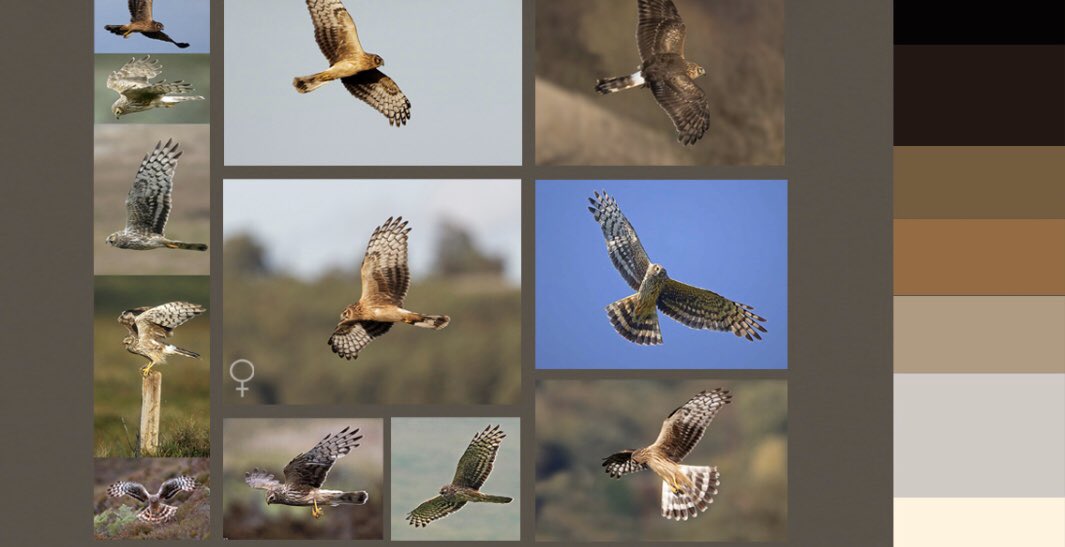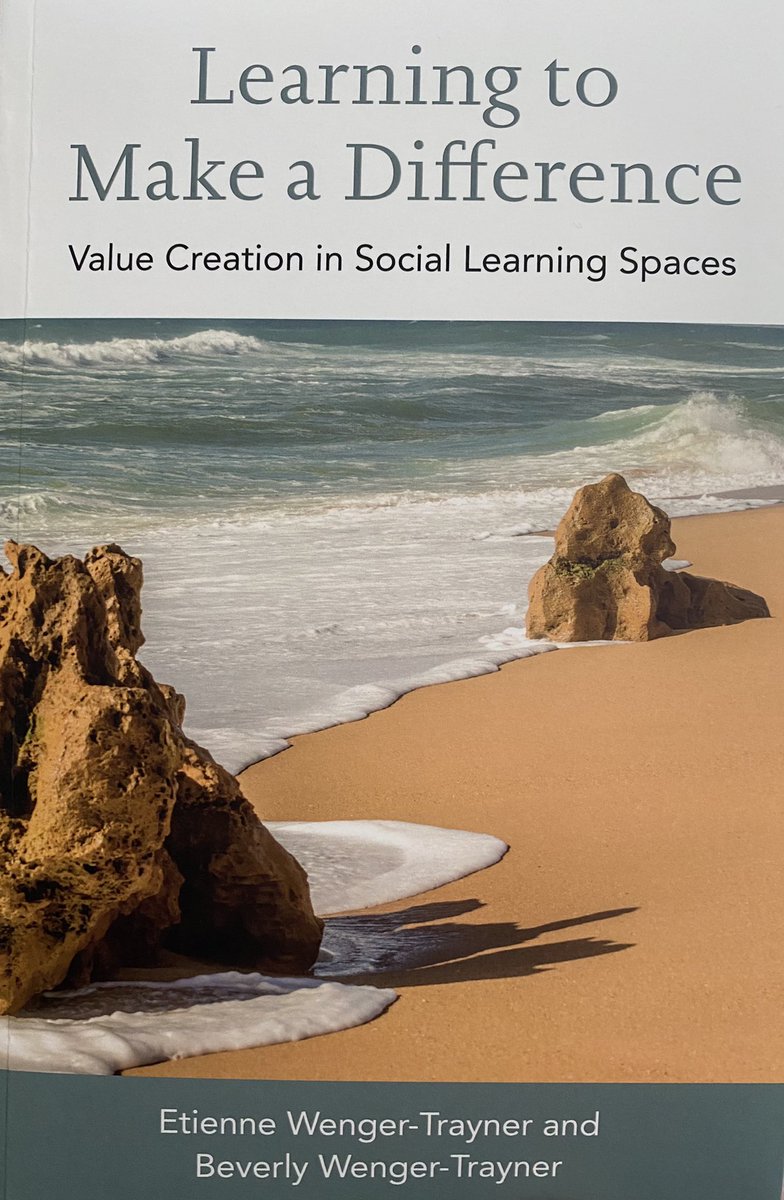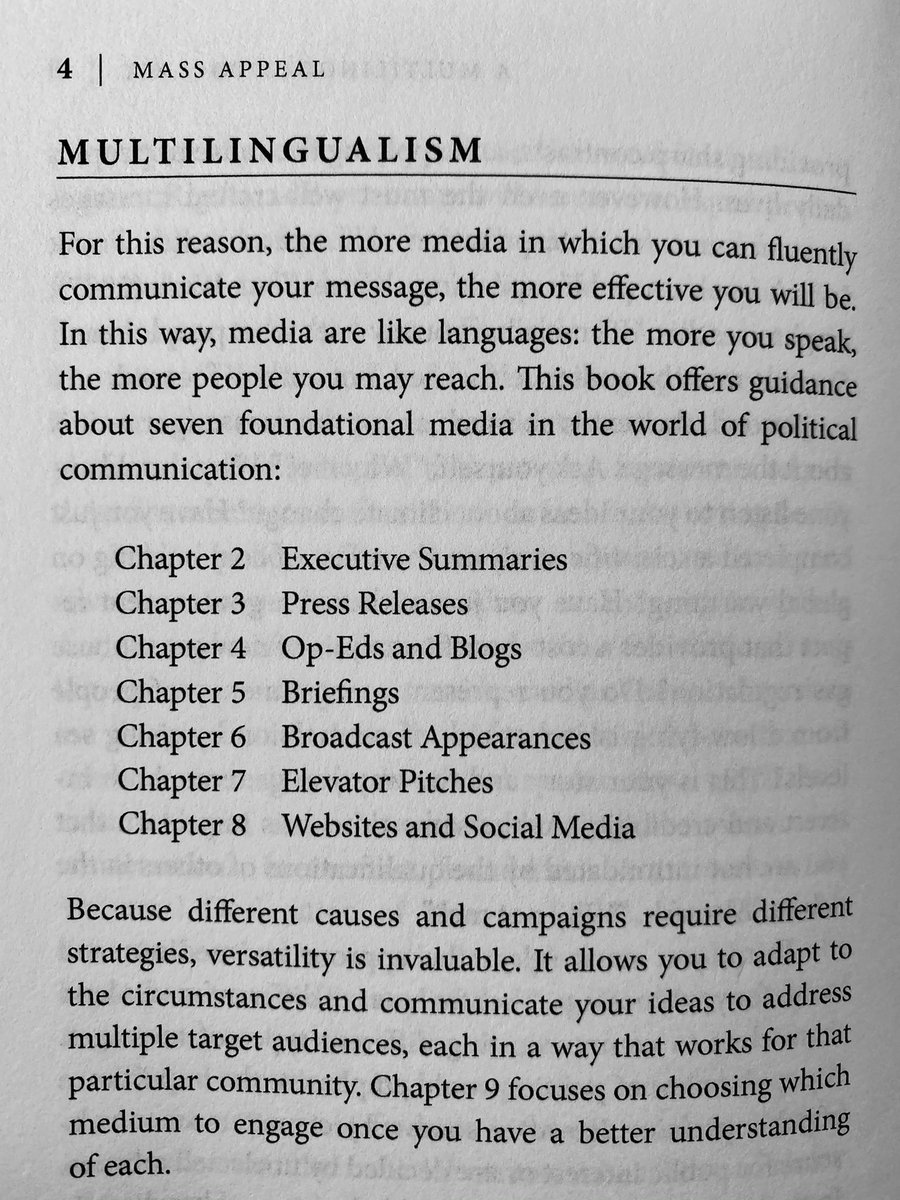On my way to #OFC20 to exhibit the Harrier Tweed Bag, an art commission by @DalzielScullion that tells the story of Hen Harriers and Red Grouse in hunting estates. Delegates can learn about and take part in new research for @NaturalEngland informing the England Peat Strategy 







More about the bag dalzielscullion.com/works-entry/ha…
Lots of great discussion at today's session, including the unexpected pleasure of getting to hang out with @sally_shortall!
• • •
Missing some Tweet in this thread? You can try to
force a refresh









